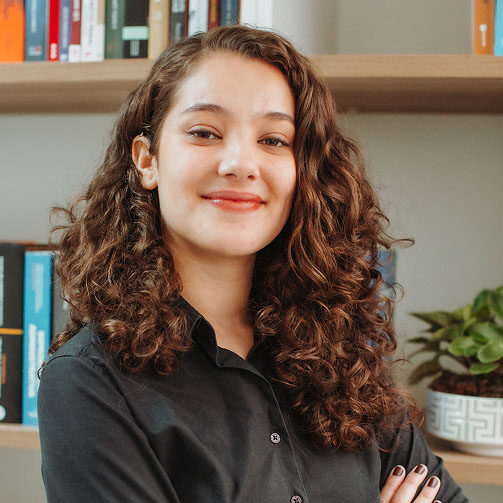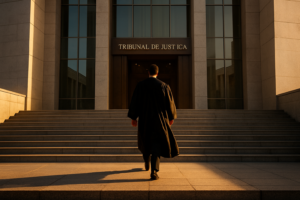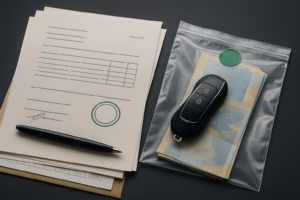The private prosecutor, also known as the assistant to the Public Prosecutor, is the figure that allows the victim or their relatives to actively participate in the criminal process, contributing to the pursuit of truth and the effectiveness of justice.
This article explains who can act as a private prosecutor, what their powers are, and what the limits of their role are.
Who Can Act as a Private Prosecutor and in Which Cases?
According to Article 268 of the Brazilian Code of Criminal Procedure (CPP), the victim of the offense or their legal representative may act as a private prosecutor.
If the victim has passed away or has been declared legally absent, the spouse, ascendants (parents), descendants (children), or siblings may assume the role.
Authorization to act as a private prosecutor may occur in any public criminal action through a formal request by the victim’s attorney before the judgment becomes final, after the complaint has been filed by the Public Prosecutor’s Office and accepted by the competent court.
Powers of the Private Prosecutor
According to Article 271 of the CPP, the private prosecutor may:
- Present evidence;
- Request questions to witnesses;
- Participate in oral arguments;
- File briefs in appeals submitted by the Public Prosecutor’s Office or by themselves.
Link to the Complaint
The private prosecutor does not act independently but within the limits of the facts alleged in the public complaint.
This means they may only present evidence or appeal in relation to the facts and offenses contained in the complaint.
Therefore, it is important that crime victims seek legal advice from the outset. Even without formally acting as a private prosecutor, a specialized attorney can help in the investigation phase and in drafting a clear and well-founded crime report, ensuring that any eventual complaint accurately reflects the facts.
Appeals
The private prosecutor may participate in criminal appeals in a supplementary manner, both in cases of conviction and acquittal:
- Acquittal: if the defendant is acquitted, the private prosecutor may act together with the Public Prosecutor to appeal, seeking to have the decision reviewed, always within the scope of the complaint.
- Conviction: if the defendant is convicted, the private prosecutor may join the Public Prosecutor’s appeal or file their own to increase the sentence.
Limits of Appeals
As mentioned, the private prosecutor is bound by the terms of the complaint and may only appeal within those limits.
For example, if the complaint accuses the defendant of theft, the private prosecutor cannot request a conviction for robbery but may appeal to reverse an acquittal or seek a higher sentence for theft.
Special Cases
In cases under the Maria da Penha Law (Law No. 11.340/2006), the Superior Court of Justice (STJ) has expanded the victim’s standing, recognizing their right to appeal decisions denying or revoking protective measures, even beyond the traditional scope of the CPP.
Importance of the Private Prosecutor
Although their role is supplementary, victims and their families often have greater knowledge of the crime’s circumstances, which allows them to contribute directly to the production of relevant evidence and the determination of minimum compensation for damages, as provided in Article 387, IV, of the CPP.
Conclusion
The role of the private prosecutor strengthens the victim’s position in the criminal process, allowing active participation in the search for truth and the defense of their rights. This participation contributes to procedural balance, evidentiary robustness, and the effectiveness of criminal justice, especially in complex cases.
For this reason, victims of crimes or their families can benefit from the guidance of an attorney acting as a private prosecutor, ensuring that their participation is carried out ethically, safely, and within the legal limits of criminal procedure.




